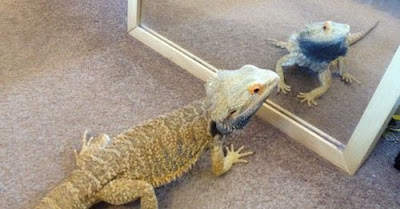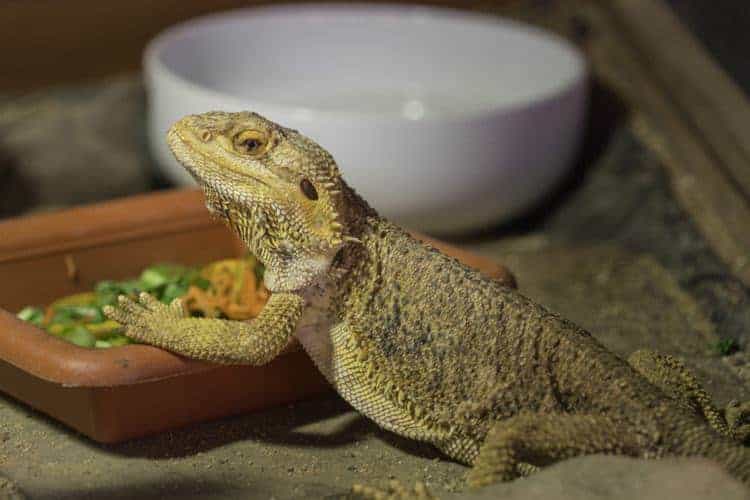Did you know that glass
surfing in bearded dragons actually indicates that there is something wrong
that should be addressed immediately? Affected dragons appear to be frantically
trying to climb the side of their glass tank. The rubbing of the lizard’s
belly against the glass walls and the paddling movements of their legs make
them appear as if they are surfing. There are many theories to explain this
weird behavior in bearded dragons, but experts primarily think it is a result
of stress. Some of the important stressors of bearded dragons include:
l Lack of space
l The presence of another bearded dragon may be
perceived as competition even if they are not housed together.
l A bearded dragon can feel threatened by their
own reflection in the glass walls of the enclosure.
l When there are new decorations or arrangements
inside the enclosure.
l Boredom
l Hunger
l Poor substrate, temperature, or cage lighting
Sudden changes in your
pet’s behavior should warrant an appointment with your animal clinic Farmers Branch, TX.




